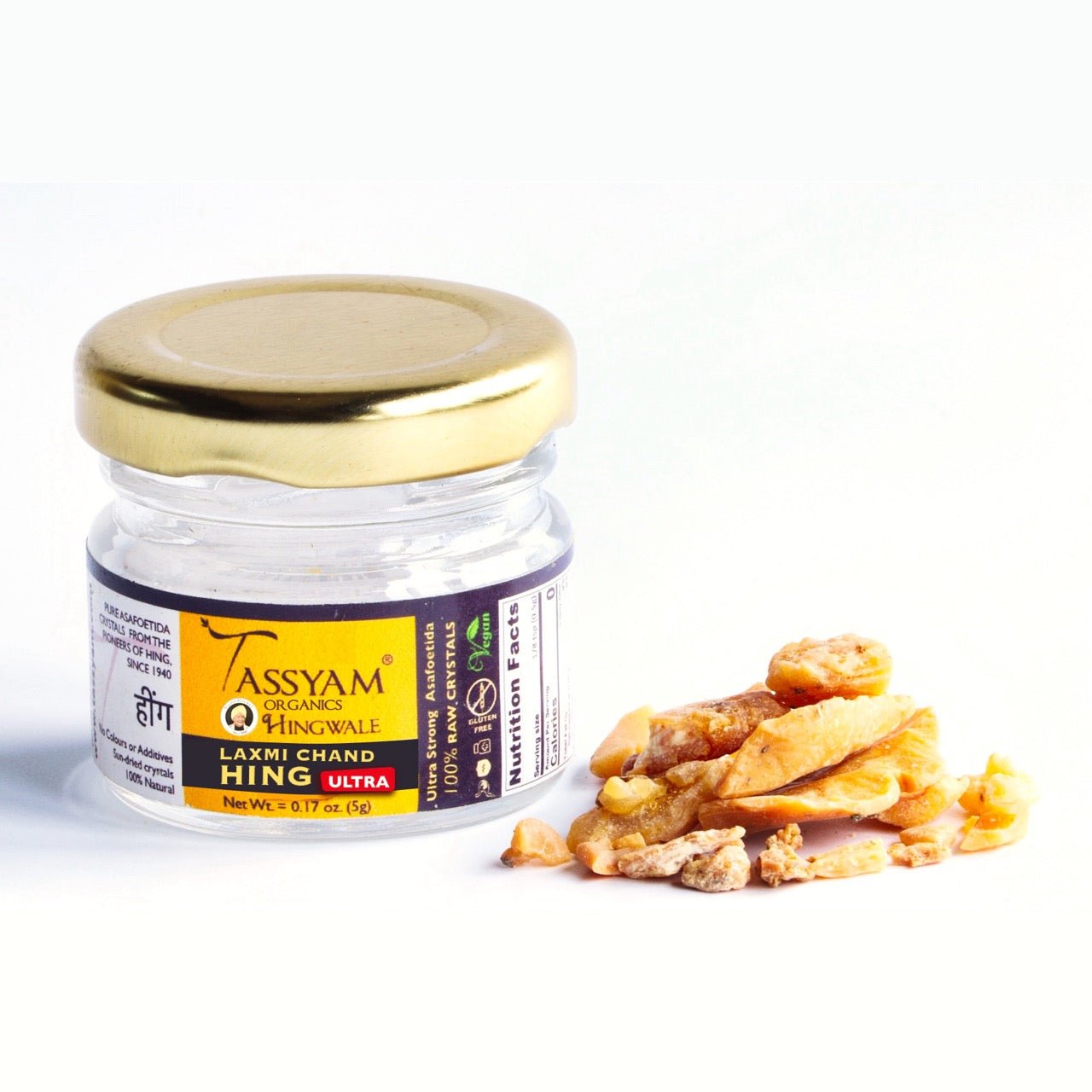
Spicy Foods may help you reduce your Salt Intake
Share

- Spice and salt were found to increase activity in the overlapping areas of brain
- Eating spice makes you more sensitive to salt so your consumption reduces
- People who preferred spicier foods were found to have lower blood pressure in the study
- It contributes to reduction of risk of heart disease, heart attack and stroke
According to a new research in the American Heart Association’s Journal Hypertension, salt and spice stimulate the same area of the brain. This study tested whether this effect would also curb salt cravings. It revolved around 600 Chinese adults and determined their preferences for salty and spicy flavors. It was observed that people who consumed spicy foods appeared to eat less salt and had lesser blood pressure. Salt intake and salt preference were related to the regional metabolic activity in the insula and orbitofrontal cortex (OFC). The presence of capsaicin, the chemical present in spicy foods was responsible for this outcome. Therefore, spicy foods increased sensitivity to salt, reducing the salt consumption ultimately.
We have already discussed the harmful effects of salt in a previous article. So this revelation can help a lot of people to control their salt consumption as it increases the risk of heart disease, stroke, hypertension etc. “Our study shows that the enjoyment of spicy flavor is an important way to reduce salt intake and blood pressure, no matter the type of food”, said senior study author Dr. Zhiming Zhu. So even a gradual increase of spice in food may have a lot of health benefit. This research has identified an optimal strategy for salt reduction which may have a major impact on public health.
One of the limitations of the study is that it may only apply to the people in China because the phenomenon has not yet been studied in other populations, the researchers noted. In addition, the study looked at the impact only of capsaicin on salt preferences and not of other types of spices.
Journal reference: Hypertension
Provided by: American Heart Association

